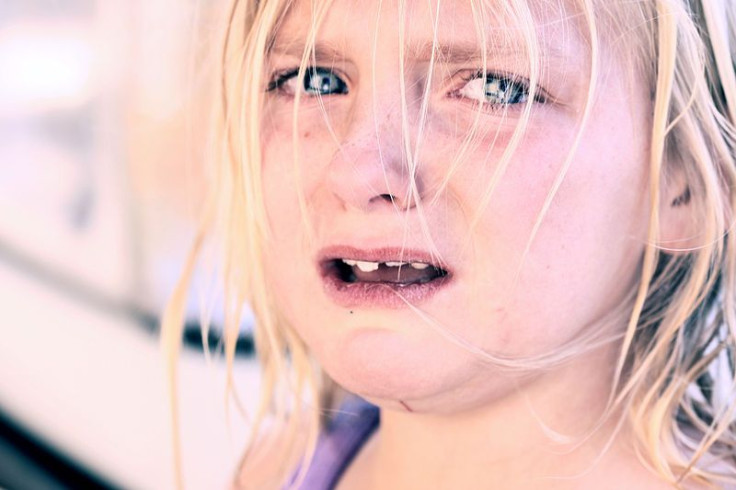Effects Of Child Sexual Abuse: Depression And Other Mental Health Conditions

A total of 500,000 babies born in the United States this year will be sexually abused before they become of legal age. This rate of incidence is alarmingly high, ranging from eight to 20 percent, reports The Children's Assessment Center. More than two-thirds of childhood sexual abuse survivors do not report the abuse to the authorities within the first year of the occurrence, while less than half choose not to tell anyone for a minimum of five years. The silence that child victims keep is due to the psychological effects brought on by the experience — especially when the crime was committed by someone the child knows. The perpetrator often develops a trust with the child first before they engage in the act, telling the child simply that "it is okay." The American Psychiatric Association (APA) says that it does not support the normalization or decriminalization of any form of sexual relations between adults and children, and that adults who practice sexual activity with children are criminals.
Child victims of sexual abuse have a 1,000-percent increased risk of being abused again, with 60 percent experiencing post-sexual abuse symptoms. "Many perpetrators do indeed threaten the victim that if he or she tells, they might kill someone in the family," said Dr. David M. Allen, according to Psychology Today. "Sometimes they say that the authorities will come in and break up the family - not an unlikely scenario if the child is believed and the parent who is told actually reports the perpetrator." The offenders also manipulate their victims into thinking that if they do speak out, no one will believe them. This can become too much of a mental and physical burden for the child to handle, and thus cause the development of mental health issues.
The psychological effects of child sexual abuse can either be short-term or long-term. The ramifications of abuse are not common and a serious issue in the U.S. It is important to be aware of depression and other mental health conditions that victims of child sexual abuse can carry over their lifetime.
Depression
Women who were sexually abused during their childhood are prone to adulthood depression. In a study published in the British Medical Journal, researchers examined the link between sexual abuse in childhood and the rate of depression in adult women. Researchers screened 1,189 women and interviewed 237 using a 30-item general health questionnaire. The results of the study showed that there was a strong correlation between women who were severely sexually abused — attempted or actual penetration by a perpetrator — and women who were depressed. Thirty-seven percent of those who had depression experienced sexual abuse when they were under 16 years old.
Eating Disorders
Bulimia and anorexia nervosa — two eating disorders — are found to be common in women who experienced childhood sexual abuse. In a study conducted at the University of Melbourne in Victoria, Australian researchers evaluated the association between childhood sexual abuse before the age of 16 and the onset of the two eating disorders in women. As part of a longitudinal study of 11 years, there were 1,936 participants who were originally in the study — with follow-ups starting at the mean age of 15 up to the mean age of 24. Researchers found that those that were sexually abused twice or more had a 4.9 times higher rate of bulimic syndrome than those who were abused once at a 2.5 times rate
Type 2 Diabetes
Adults who were sexually abused when they were children are at greater risk for developing serious medical conditions. In a study published in The American Journal of Preventative Medicine, researchers investigated the association between adolescent sexual abuse and type 2 diabetes. Data findings on lifetime sexual abuse in 2001 and the risk of diabetes from 1989 to 2005 from the Nurses' Health Study II were used for the study. The results of the study showed that 34 percent of the 67,853 women participants reported childhood sexual abuse. Thus, moderate to severe physical and sexual abuse in adolescence was associated with the risk of developing type 2 diabetes among women.



























